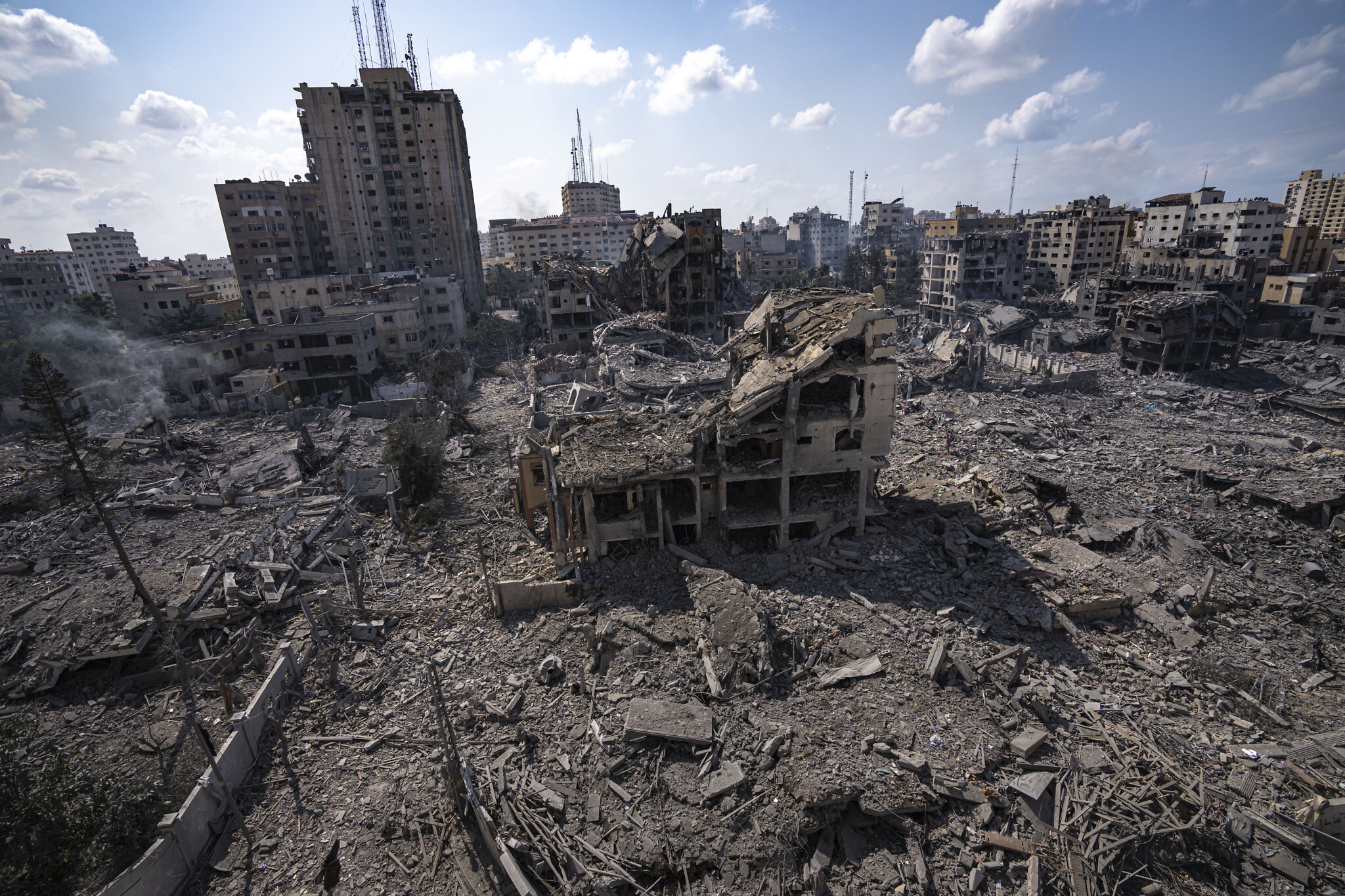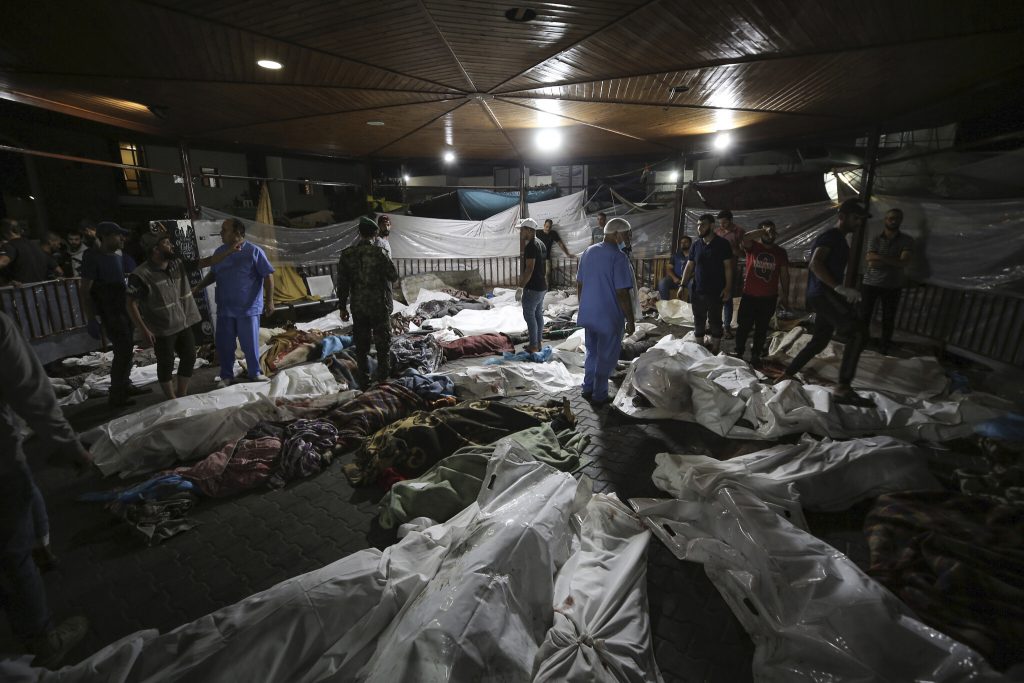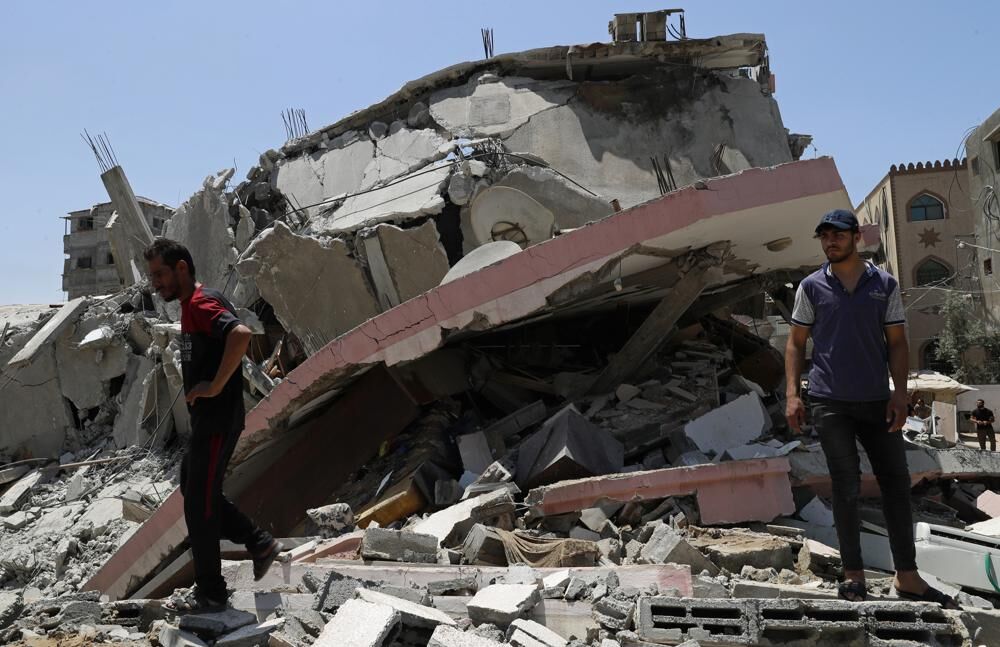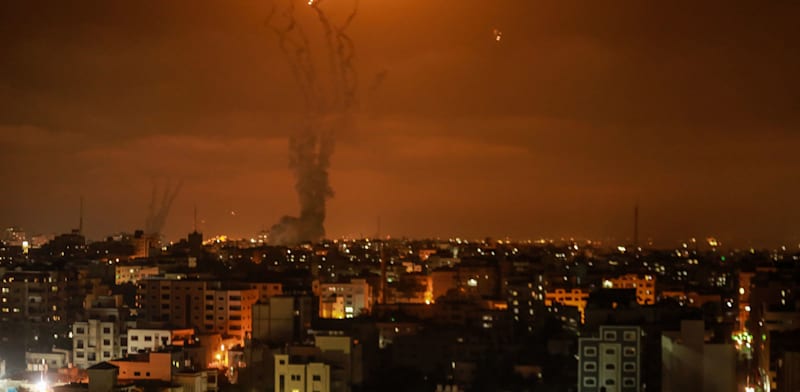
By
Colonel (res.) Dr. Moshe Ben David*
Professor Yuval Harari, who teaches modern history at the Hebrew University in Jerusalem, has turned himself into one of the leading intellectuals of the Western world. His books, particularly Homo Deus, deal with important turning points in human history as well as our ability to survive into the future. In no small part thanks in part to President Obama’s endorsement, they reached the stop of the best-sellers list. As requests for articles and interviews came pouring in, they also made the author famous. True, many of his best known prophecies have neither materialized nor look as if they are going to be materialized. Instead of making progress towards a better, more peaceful and better off, world what we see is Covid-17, starvation in the Sudan, and war both in Europe and the Middle East; not to mention terrorism over much of the world. None of this has caused Harari to lose confidence in himself and his ability to look into the future. In particular, in an article just published on Israel’s most important news website as well as a CNN-interview with Christiane Amanpour, he discussed the future of Israel’s war against Hamas. Israel, so Harari, has no chance of winning the war. Why? Because, to do so, the government in Jerusalem would have to lay down clear objectives, something which, so far, it has been unable to do. Israel, he went on to say, needs a new government. One that would drop its “preposterous Biblical fantasies” concerning a complete victory and prepare for some kind of compromise. He ends by saying that Israel and Hamas have reached an impasse. Even in case the Israeli Defense Forces (IDF) succeed in defeating Hamas and disarming it, the real outcome will be a defeat for Israel. The only way to prevent such a situation is compromise, negotiation and peace.
I’d like to use, as my opening shot, the work of the widely respected American political scientist Bernard Brodie (1910-78). To be viable, so Brodie, a military-political plan must take into account objectives and means; including, among the latter, the balance of armed force and society’s willingness to sacrifice some of its young men in the process of attaining them. Seen in this light, Prime Minister Netanyahu’s statement, on the first day of the war, that Israel’s objective is “the complete destruction of Hamas”—the organization which, on 7 October 2023, subjected Israel to a surprise attack and inflicted some 1,000 casualties in a single day—appears both reasonable and attainable. Reasonable, because it reminds one of the Allies’ highly successful “unconditional surrender” during World War II, a formula that proved highly successful. Attainable, because of the military balance in Gaza. Clearly, in case Israel fails to achieve Netanyahu’s stated objective it will have to change its policy. That is what the cabinet is for.
Here it is worth adding that there exists a fundamental difference between the attacker and the attacked. The former, in this case Hamas, can adopt any objectives he wants. The latter, in this case Israel, faces a simple choice: either fight or surrender. Supposing he decides to fight, his only objective can be to defeat the enemy. Everything else comes later and must necessarily depend on events on the battlefield—meaning that the relationship between objectives and means must remain flexible and cannot be nearly as rigid as Harari imagines. Indeed the whole idea of laying down the political objectives ahead of events on the battlefield, which is what he seems to say, is, to use a term I have used before in this article, preposterous.
Second, his claim that, to win the war or at any rate not to lose it, Israel must have a new government. One that will rid itself of all kind of all kinds of illusions concerning total victory and prepared for some kind of compromise. In this context it seems that Harari is unaware of the fact that, right from the beginning of the war, the IDF has been following the government’s guidance step by step. Not a single encounter with the IDF that did not end with Hamas being defeated, either by having its troops killed, wounded or captured or when those troops evacuated their positions, leaving its enemy in control or the battlefield. One does not change a winning horse in the midst of a race; doing so can only strengthen Hamas in its decision to fight on. Besides, what does Harari think a change of government could achieve? Suppose the Israel decides to change its objective as laid down by Netanyahu and aim at replacing Hamas’s rule in Gaza by one run by the (Palestinian Authority) in Ramallah; does anyone really believe that Hamas will tamely sit down and agree? Halil Shkaki, the Palestinian’s Authority’s number one expert on polls and polling, says that 73 percent of Palestinians in the West Bank support Hamas and are in favor of the atrocities it has committed. Furthermore, the Authority spends 1.3 billion shekel, or 7 percent of its annual budget, assisting the relatives of Palestinian casualties who died while fighting Israel. This on top of symbolic gestures such as naming streets and squares after them, praising them in the schoolbooks it makes children study, and the like. Ending the war with a compromise, such as Harari suggests, will only enable Hamas to take over the West Bank in addition to Gaza, putting Israel’s heartland within easy reach of some of the heavy weapons it already has.
Harari’s third claim, namely that Israel and Hamas have reached an impasses that can only end in an Israeli defeat, is also wrong. Soon after the successful massacre they committed on 7 October Hamas’ leaders announced they were expecting to follow up with additional measures of the same kind. Unfortunately for them but fortunately for Israel, so far it does not appear as if they are able to realize that threat. Here is another, and much more likely scenario: following its successes so far, and after a due period of rest and reconstruction, the IDF will enter the city of Raffia in the southern part of the Strip and do away with the residuals of Hamas’ organized units on land, in the air, at sea, and underground. The oft-heard comparisons with the IDF in Lebanon as well as the American adventures in Vietnam, Afghanistan and Iraq are, in reality, irrelevant. Why? Because the Gaza Strip only comprises 1.42 square miles, equal to 0.00083 percent of Iraqi territory, 0.00055 percent of Afghan territory, 0.0011 percent of Vietnamese territory, and 0.034 percent of Lebanese territory. Once Raffia is dealt with, all Israel will need to defeat what remains of Hamas and completely dominate the country is three brigades.
Dominating the Strip on all sides will also isolate it from the external world and make it much harder to smuggle in the kind of arms, money, and logistic support terrorists and guerrillas require. In this context it is important to keep in mind the fact that Gaza’s population is not homogeneous. About one third, consisting of natives (as opposed to those who left Israel at one point or another), supports the PA and would like few things better than settling accounts with Hamas which has been maltreating them ever since the Israelis withdrew almost two decades ago.
To sum up, it stands to reason that, even after it completes its occupation of the Strip, the IDF will have to carry out sporadic anti-terrorist operations. In doing so it will be able to draw on half a century’s experience not only in the Strip but in the West Bank as well. Ending terrorism will not be easy and will take time. However, given the various types of specialist forces the IDF deploys as well the various innovative techniques it has devised, many of which are the envy of foreign farmed forces and are widely imitated, there is no reason why the struggle will not lead to a successful end. Finally a word about the “preposterous Biblical fantasies” that, says Harari, are dreamt up by all kinds of Israeli extremists, including not a few in the government itself. Nietzsche in his Untimely Meditations says that those who condemn the past endanger both themselves and others. This is because we are all products of the past, complete with all its problems, passions, errors and even crimes. That again is why, for both individual and nations, to deny their past is tantamount to shooting oneself. This is true of Harari himself; but it is even more true of countless others the world over who think as he does.
Col. (res) Dr. Moshe Ben David, is a retired IDF infantry officer with much experience in counterinsurgency. He is also a former vice president of Amadox Inc.









